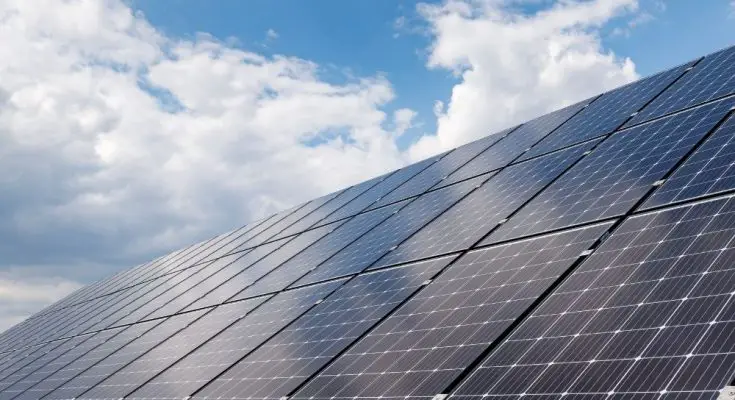It wouldn’t be technology without at least one issue arising. Are you finding that your solar panels aren’t generating the same power they used to? With numerous factors affecting the efficiency and output of energy on your solar panels, you’ll want to know which ones could be harming your supply of power and electricity.
Solar Shading
A major factor that impacts the rate and capability of the solar panel output power is partial or total solar shading. The cell that is weakest or produces the least amount of energy determines the current a panel produces—if a portion of the panel is in the shade, the whole series will virtually be in the shade too. Bypass diodes are a clever way to move around this issue. They work by providing a current path to the string of connected cells to generate energy at a reduced voltage.
Outside Temperatures
Did you know that colder temperatures are better for this technology than hotter temperatures? The higher the temperature, the harder it is for the solar cells within the panel to convert energy. The chemical reactions within the cells work better with cooler temperatures, so try to keep the panels in an area of your lot that is the coolest.
Soiling and Dirt
Debris and dirt on the actual panel can prevent the cells underneath from accumulating solar energy. The efficiency of your solar energy supplies depends on the type of debris build-up, like snow or dirt, and the frequency in which you clean the panels. Not only will soiling block the sun from reaching the cells, but it will also cause the light to spread unevenly along the surface of the glass, reducing the amount of output energy.
Orientation and Climate
To generate the maximum energy output, solar panels must be in an area that favors the greatest intensity of solar radiation. This all depends on where you place the panels on your property and how you place them. Climatic conditions also play a role in determining the ideal orientation of your panel and could affect the solar panel output efficiency of energy.
Other factors that affect your solar panels include age, maintenance, and a mismatch of brand components and parts. If you find that your solar panel is not producing the same amount of energy as before, it may be because of these factors. If you are ever unsure of the problem, consider calling the company you bought the panels from or speaking with a professional who can help you troubleshoot the issues.



